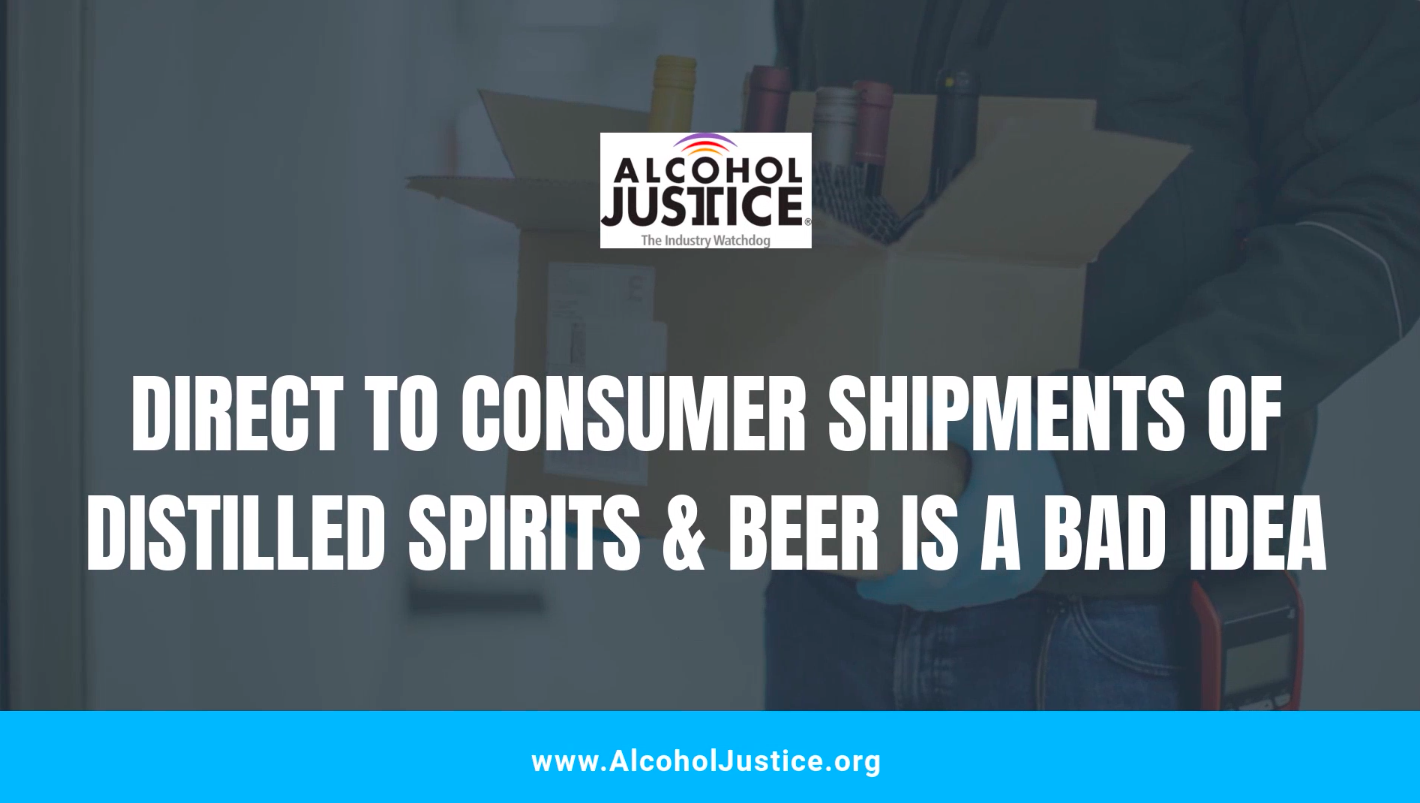PARKLETS SE HARAN PERMANENTES – 1ERO DE NOVIEMBRE ES SU ULTIMA OPORTUNIDAD PARA SER ESCUCHADO

Como nos hemos dado cuenta, los bares en las calles y expansión de restaurantes los llamados “parklets” aunque son controlados por negocios privados se han hecho muy visibles en ciudades a lo largo de California. Originalmente fueron uno de varias medidas regulatorias de emergencia para apoyar a que negocios se mantuvieran a flote durante la pandemia de COVID-19. Los legisladores por su lado continuaron extendiendo su uso y ahora se le ha pedida al Departamento de Bebidas Alcohólicas de California (ABC por sus siglas en ingles) que desarrolle reglas de como estos “parklets” pueden operar permanentemente.
El foro publicó sobre estas reglas finales se llevara acabo MARTES, 1ERO NOVEMBRE, de 10 a.m. a 2 p.m. HACER CLIC AQUI PARA VER MAS DETALLES
Cualquier residente de California puede asistir en persona en las oficinas de ABC localizado en: 3927 Lennane Dr., Ste. 100, Sacramento (HACER CLIC AQUI PARA VER MAPA) o puede conectarse por conferencia en línea en Zoom. HACER CLIC AQUI PARA REGISTRARSE PARA EL FORO
Si no puede asistir o conectarse virtualmente, es bienvenido a mandar sus comentarios por escrito el mismo día o antes del 1ero de Noviembre. PUEDE MANDAR SU COMENTARIO DIRECTAMENTE A: This email address is being protected from spambots. You need JavaScript enabled to view it. Sabemos que la industria de cerveceros y de licores estará ahí – necesitamos contar con la gente para interrumpir su influencia.
Animamos a cualquiera que ha sido negativamente afectado por esta expansión a compartir esas historias. Adicionalmente, Alcohol Justice estará comunicando algunas preocupaciones relacionadas con la seguridad y salud pública que incluye lo siguiente:
* ¿Afectara esta expansión en estas áreas el acceso a las banquetas?
* ¿Crean ruido o interrupción a residentes que no existía antes de que fuera aprobada esta expansión?
* ¿Peatones, clientes, ciclistas, deshabilitados y/o la seguridad de conductores será afectado negativamente por la cercanía al tráfico y peligros de “parklets” fijos (estructuras, barreras de tráfico, sillas, mesas, etc)?
* Las condiciones y permisos original de las licencias para operar venta de alcohol en su establecimiento todavía se alinea con la expansión del negocio? sea (Otorgada por ABC o con aprobación de gobiernos locales)
* ¿Están al tanto los residentes o dueños de negocios cercanos que tienen el derecho a protestar cambios a las condiciones y que ABC tiene el poder de modificar las condiciones en respuesta a los cambios del espacio físico de un local?
Animamos a los que asistirán a responder en sus propias palabras y desde su propia experiencia. Con confianza siéntanse libres de comunicarse por This email address is being protected from spambots. You need JavaScript enabled to view it. si tienen preguntas de como estructurar su respuesta.
Daños relacionados al alcohol están incrementando en California. ¿Se dijo que parklets eran temporal – cuando será razón para medidas de emergencia para ayudar a los que han sido impactados o han muerto por el Alcohol?
Call the Assembly TODAY about the 4 A.M. Bar Bill! UPDATE: SB 930 scheduled for vote on 8/24
Get on the Phone Now and Tell the CA Assembly: NO ON SB 930
Reducing Alcohol-Related Harm is More Important Than Increasing Alcohol Sales

SB 930 is scheduled to go up for a vote on WEDNESDAY 8/24 on the floor of the Assembly. It is critical that Assemblymembers hear from you—IN PERSON—ASAP.
Please make a few calls for public health and safety! Tell the Assembly to VOTE NO on any extension of alcohol selling hours, they will only increase profits for businesses while harming more people in early morning commute times in communities surrounding the "pilot project" test cities. Those communities will have no "local control" and no part of the economic benefits that the bars and clubs selling the booze will have, just the costs of cleaning up the messes and burying the dead.
Q: Who do I call?
Call any Assemblymember from the list below. These Assemblymembers have not yet committed to voting NO ON SB 930. Our electeds respond the most strongly to people who take the time to speak with their staff directly.
Q: What do I say?
Be direct and forceful. We suggest the following:
"Hello, my name is [ FULL NAME ].I am a resident of [ CITY ], calling as a concerned citizen to express my opposition to SB 930.
It will increase the harms and costs to the state, and those harms and costs won't stay limited to just the participating cities. I strongly oppose the bill and am urging the member to vote NO. Thank you."
NOTE: If you are talking to the Assemblymember from the place that you live, make sure they know that. To see who your Assemblymember is, enter your address here.
Arambula, Joaquin 916-319-2031
Bauer-Kahan, Rebecca 916-319-2016
Berman, Marc 916-319-2024
Boerner Horvath, Tasha 916-319-2076
Calderon, Lisa 916-319-2057
Cervantes, Sabrina 916-319-2060
Cooley, Ken 916-319-2008
Cunningham, Jordan 916-319-2035
Daly, Tom 916-319-2069
Friedman, Laura 916-319-2043
Gabriel, Jesse 916-319-2045
Gipson, Mike A. 916-319-2064
Grayson, Timothy S. 916-319-2014
Irwin, Jacqui 916-319-2044
Levine, Marc 916-319-2010
Maienschein, Brian 916-319-2077
McCarty, Kevin 916-319-2007
Mullin, Kevin 916-319-2022
Muratsuchi, Al 916-319-2066
Nazarian, Adrin 916-319-2046
O’Donnell, Patrick 916-319-2070
Patterson, Jim 916-319-2023
Petrie-Norris, Cottie 916-319-2074
Quirk-Silva, Sharon 916-319-2065
Ramos, James C. 916-319-2040
Reyes, Eloise Gómez 916-319-2047
Rivas, Luz M. 916-319-2039
Rodriguez, Freddie 916-319-2052
Salas, Jr., Rudy 916-319-2032
Wood, Jim 916-319-2002
VETO SB 793 - Bars Are Not Teen-Friendly
Gov. Newsom - VETO SB 793! Youth don't belong in bars!
 SB 793 is another misguided alcohol-related bill from Sen. Scott Wiener (D-San Francisco). It creates a new alcohol license type for bars and clubs that present live music to encourage underage youth patrons.
SB 793 is another misguided alcohol-related bill from Sen. Scott Wiener (D-San Francisco). It creates a new alcohol license type for bars and clubs that present live music to encourage underage youth patrons.Unfortunately it ignores data that shows environmental alcohol sales among underage and young adults are associated with increased alcohol-related harms and hospitalization, including physical assault and sexual assault. Moreover, even background alcohol advertising is shown to have a greater impact on youth desire to drink when tied to favored teams, activities... and bands.
Yes the bill will increase business for music venues, but at the expense of the health and safety of underage patrons. The bill lacks mandatory on-site security or any form of identifying underage people who will easily procure and consume alcohol among older patrons. Rather than bow to Big Alcohol's demands that its products be present at every event, we should deliver resources to make sure alcohol-free all-ages venues are commercially viable even against competition from bars and festivals.
SB 793 is a bad deal for California youth who will be victimized if this bill is allowed to become law. There are safer ways to create all-age music enjoyment than creating a new alcohol license type. Please VETO SB 793.
Enter your information below to TELL GOVERNOR NEWSOM to VETO SB 793, or TEXT "JUSTICE" to 313131.
TAKE ACTION to STOP SB 620 - No Direct to Consumer Shipments in CA

SB 620 (Allen) would make direct-to-consumer (DTC) shipping of distilled spirits and beer permanently legal in California, a major threat to public health and safety.
It creates a dangerous policy by:
- Fundamentally undermining the three-tier system, allowing all producers to also be distributors and retailers.
- Promoting DTC delivery of cheap, mass-market distilled spirits and beer by megacorporations.
- Failing in efforts to promote small, local producers over large, out-of-state ones.
- Incentivizing producers to deliver booze to peoples' doors in quantities that exceed any measure of "responsible" drinking.
- Making responsible beverage service difficult or impossible, and putting it on the shoulders of delivery drivers who are untrained and pressured to move on to the next doorstep.
- Stripping California of state control over its own alcohol market and sparking a race to the regulatory bottom.
- Making the state choose between gutting union jobs or increasing per capita consumption. (Or both.)
This increase in access to consumers, quantities consumed, and freedom from accountability comes at a time when alcohol harm is rapidly increasing in California. Damage from alcohol has been steadily rising for 20 years. Diagnoses of alcohol use disorder increased 50% from 2002 to 2012, and this has resulted in an alarming rise in alcohol-related deaths. Between 1999 and 2017, the raw number of alcohol deaths doubled, accounting for a 50% increase in death rate. This is not the result of long-term alcohol abuse; mortality rates among 25 to 34 year-olds saw annual increases between 4.6% and a staggering 12%. The annual rate of death from cirrhosis of the liver increased 10.5% between 2009 and 2016 in this same age group.
With these numbers in mind, efforts to radically expand alcohol markets have costs that far outweigh any perceived local economic benefit, even assuming that said benefit is not subsumed by multinational megaproducers. Tell your legislators to vote NO ON SB 620.
More Articles ...
Help us hold Big Alcohol accountable for the harm its products cause.
| GET ACTION ALERTS AND eNEWS |
STAY CONNECTED    |
CONTACT US 24 Belvedere St. San Rafael, CA 94901 415-456-5692 |
SUPPORT US Terms of Service & Privacy Policy |

